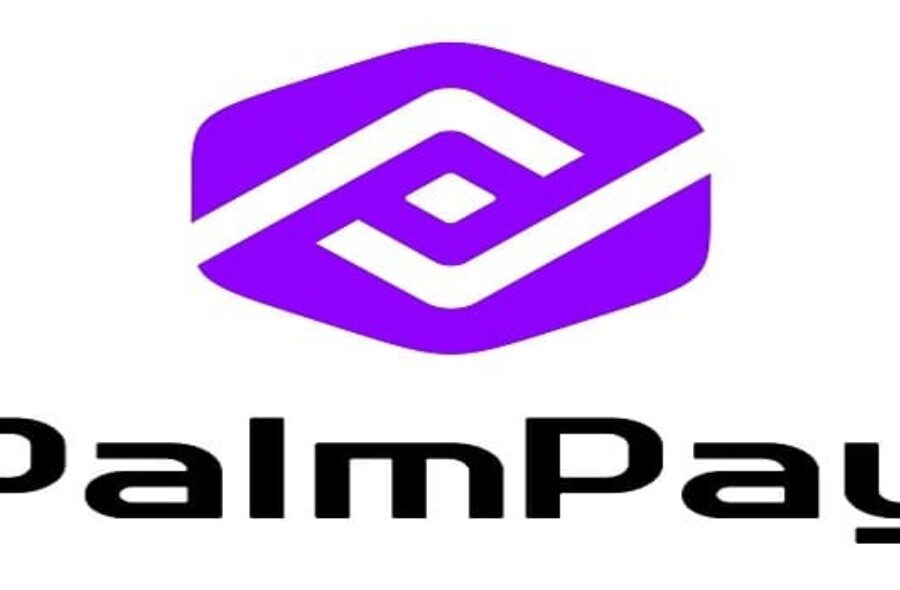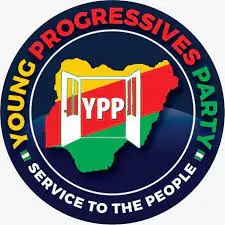Cooking Gas Prices Show Significant Drop Across Nigeria in August 2025
Nigeria’s cooking gas (LPG) market experienced a substantial price reduction in August 2025, according to the latest National Bureau of Statistics (NBS) report, offering welcome relief to consumers amid broader economic pressures.
The report reveals a dramatic 22.32% decrease in the average cost of refilling a 5kg LPG cylinder, dropping from ₦8,243.79 in July to ₦6,404.02 in August. The larger 12.5kg cylinder witnessed a similar trend, with prices falling 21.42% from ₦20,609.48 to ₦16,195.07 during the same period.
Regional price variations remain significant across the country. Katsina State recorded the highest prices for 5kg cylinders at ₦6,945.21, while Delta State offered the lowest rates at ₦5,657.50. In the 12.5kg category, Yobe State topped the price chart at ₦16,887.42, with Benue State offering the most competitive rate at ₦15,102.50.
The North-West zone consistently maintained the highest average retail prices for both cylinder categories. Meanwhile, the South-South region emerged as the most affordable area for 5kg cylinders, and the South-West led in offering the lowest prices for 12.5kg cylinders.
Historical data presents a mixed picture. While the 5kg cylinder prices showed a marginal year-on-year decrease of 0.40% compared to August 2024, the 12.5kg variant recorded a 4.13% increase over the same period. This follows a pattern observed in July 2025, when year-on-year comparisons showed significant increases of 37.98% for 5kg cylinders and 44.51% for 12.5kg cylinders compared to July 2024.
The latest price reductions mark a positive development for Nigerian households, who have been grappling with rising living costs and energy expenses. However, the persistent price variations across states continue to highlight the ongoing challenges in achieving uniform LPG accessibility and affordability throughout the nation.
This trend in cooking gas prices remains a crucial indicator of energy costs for Nigerian households, with implications for both domestic budgets and the broader national economy.







Leave a Comment